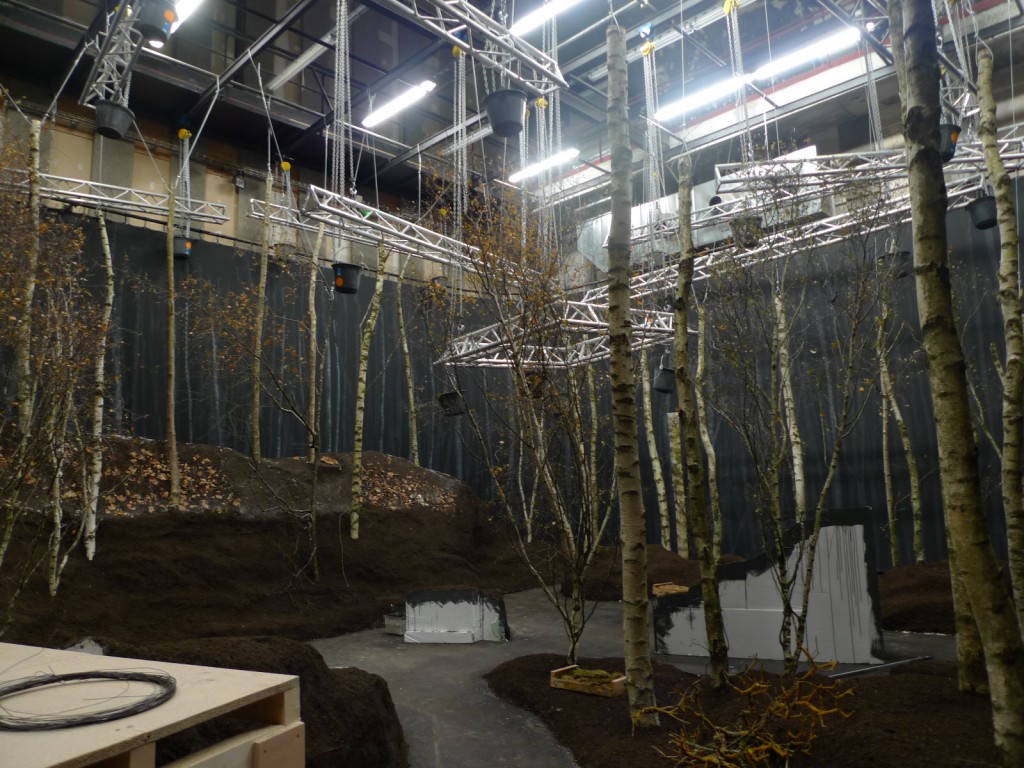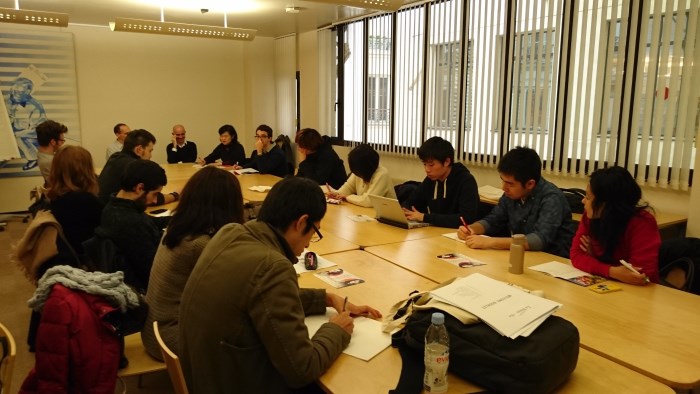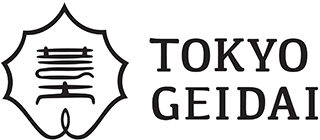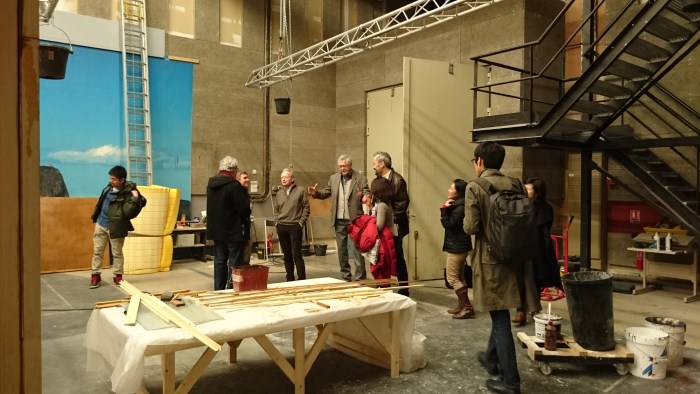GEIDAI-FEMIS WORKSHOP in PARISGEIDAI-FEMIS WORKSHOP in PARIS
June 24, 2016
基本情報
研修者:大学院映像研究科映画専攻修士学生 6名
研修先:フランス(パリ)
研修期間:2015年12月14日~2015年12月19日
※この研修は、平成27年度「海外派遣奨学金制度」のご支援により行われました。
海外研修の成果
本事業は2016年1月26日から2月5日に、横浜市内で実施した日仏韓3校共同短編映画撮影に先立ち、フランス国立映画学校(FEMIS)において「国際共同制作」についての講義、ケーススタディーをFEMISの学生とともに受講し、国際舞台で活動するために必要とされる具体的な知識を得つつ、今後の課題について意見交換を行いました。
ワークショップは以下の内容で行いました。
・講義「フランスの映画制作制度の概要」
・講義「黒沢清監督『岸辺の旅』のフランスにおける配給」
・ケーススタディー「日仏共同制作黒沢清監督『銀板の女』の制作」
・講義「黒沢清監督『岸辺の旅』と河瀬直美監督『あん』の国際販売及び配給」
・講義「黒沢清監督『銀盤の女』の国際販売及び配給」
・上映及びディスカッション「ジャック・オーディアール監督『Dheepan』」
・藝大作品上映とディスカッション
・講義「『Dheeepan』の制作及び配給」
・シネマテーク・フランセーズ「スコセッシ展」見学
・ディスカッション「映画における日仏の関係、フランスにおける日本映画の関心」
折しも、本学黒沢清教授の「岸辺の旅」がカンヌ国際映画祭における受賞を受けてフランスで公開され、また日仏共同制作オールフランスロケの「銀板の女」が完成間近であったことから、これらの作品に関わったプロデューサー、配給会社、海外セールスの最前線からの実践的なレクチャーを中心に、国際共同制作の実際について大変有意義な知見を得ることができました。
当然ながら、フランスにおける芸術としての映画文化の地位は日本に比してはるかに高く、日仏の映画文化全般に対する国家政策や、映画界のシステムの大きな違いを痛感しながらも、日本では実感することのできない国際的なプロデューサーの視野について体感しました。
新しい視点だけでなく、様々な学びや、技術的、精神的なアドバイスなどを受け取ることができ、今回の事業は今後の制作に向けて非常に有意義な経験となりました。


参加学生のコメント
・フランスの学生やプロの方々との交流、フランスでの映画製作からの学び、また新たなインスピレーションを得ることもできた。
・プロによる「外国人目線」を知ることで、より具体的な戦略を立てることができるようになりました。
・他の産業と同じように、”映画”も日本でだけで成り立つ時代ではありません。東京藝大で映画を学んでいる学生たちが引き続きこのような機会を享受できれば素晴らしいと思います。
Basic Information
Participants:Six master’s students of Film Production
Location:Paris, France
Period:December 14-19, 2015
Achievements
This workshop on international collaboration in film making had been carried out at La Fémis (Ecole Nationale Supérieure des Métiers de l’Image et du Son) in France, prior to the shooting of a short film by a joint team of three institutions from Japan, France, and South Korea that was held in Yokohama from January 26 through February 5, 2016. During the workshop in Paris, the participants sat along with students of the French state film school to receive lectures and examined a case study on international collaboration in film making, where they acquired specific knowledge necessary to work on a global stage and exchanged opinions about future challenges.
The workshop consisted of the following programs:
・Presentation on the French producing system
・Lecture on the France distribution of Kishibe no Tabi (Journey to the Shore) directed by Kiyoshi Kurowawa
・Case study on Japan-France collaboration in the production of La Femme de la plaque argentique (The Woman in the Silver Plate)by Kiyoshi Kurowsawa
・Lecture on the international sales and distribution of Kiyoshi Kurosawa’s Kishibe no Tabi and Naomi Kawase’s An (Sweet Bean)
・Lecture on the international sales and distribution of Kiyoshi Kurosawa’s La Femme de la plaque argentique(The Woman in the Silver Plate)
・Screening of Dheepan by Jacques Audiard with a subsequent discussion
・Screening of films produced by Tokyo University of the Arts with a subsequent discussion
・Lecture on the production and distribution of Dheeepan
・Visit of the exhibition Martin Scosese at the Cinémathèque Française
・Discussion on the relationship between France and Japan in cinema, French interest for Japanese cinema
Almost Coincidentally, Kishibe no Tabi (Journey to the Shore), the film directed by TUA Professor Kiyoshi Kurowawa that won a prize at the 2015 Cannes Film Festival had been released in France, and another film by Professor Kurosawa titled La Femme de la plaque argentique(The Woman in the Silver Plate), which had been entirely shot in France by the joint team of Japan and France, was in the post-production phase. The participants therefore were able to learn about what would happen in international co-production of films through the practical lectures full of up-to-date insights given by the producers, distributing agencies, and international marketers who were involved in these films.
As one can easily imagine, film as a form of art enjoys a much higher status in France than in Japan. While keenly feeling big differences between the two countries in the national policies for film culture in general and systems employed in respective film industries, the participants were able to understand the perspectives held by the international producers that were hard to experience in Japan.
In addition to such global perspectives, the Paris workshop offered various lessons as well as technical and psychological advice to the participants, which would mean a lot to their film making activities in the future.




